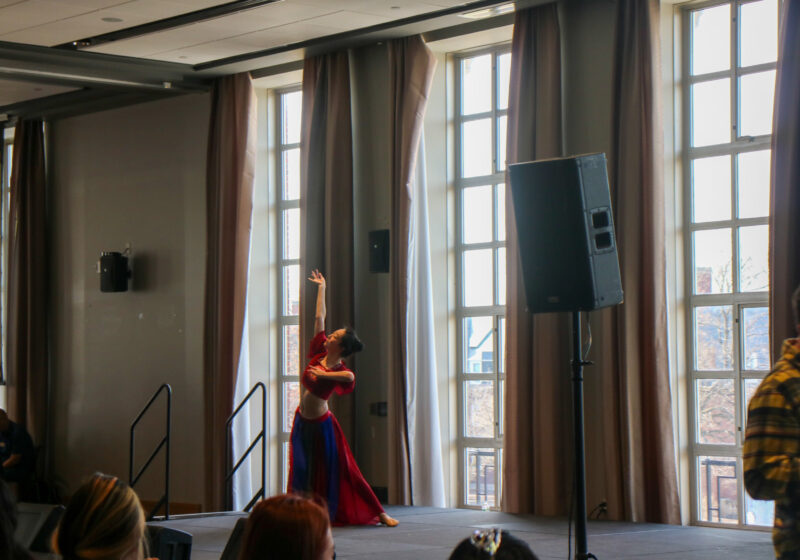In response to UR administration’s announcement of the members of the ad hoc committee, tasked with addressing Public Safety’s proposal to arm officers on the River and Eastman Campuses, the Campus Times spoke with 10 of the 27 committee members. Each had detailed unique backgrounds and perspectives, was hopeful about the results, and for the most part, declined to give an opinion on the proposal.
“As we have not yet begun the work our group is charged with, I am refraining from taking a stand on the issue at this time,” said committee member Emily Clasper, who works at the River Campus Libraries.
The position of avoiding a direct yes-or-no response to the proposal is supported by philosophy professor William J. FitzPatrick, who is co-chairing the committee with SA Vice President and junior Jamal Holtz.
FitzPatrick wrote that the committee will be working “with the aim of gathering and organizing informations and concerns, putting together a comprehensive picture of the issues and arguments,” rather than “endorsing or rejecting” the proposal.
Despite this insistence of neutrality, one committee member’s stance is already well-documented. Junior Tara Eagan is the president of the Minority Students’ Advisory Board (MSAB), which has been outspoken in its opposition to the proposal. “I don’t believe that guns [de-escalate] any situation,” Eagan wrote to the Campus Times. She also wrote that her uncle was murdered by a police officer in 2010, noting that “instances like those have only instilled fear in people of color in regards to weapons.”
In November, MSAB sent a mass email to its members saying the proposal “endangers many,” and later led a sit-in at a Faculty Senate meeting to demand a public forum on the proposal. Many, Eagan said, were dissatisfied with the resulting forum, but she is hopeful about the committee. “I believe my concerns will be listened to,” Eagan wrote.
Professor Catherine Cerulli, a URMC Psychiatry Department faculty member and director of the Susan B. Anthony Center for Women’s Leadership, said that she has “worked closely” with Public Safety before. Cerulli described herself as a “big fan of the Public Safety folks,” but said that she currently has no stance on the proposal.
Professor of Anthropology and Visual and Cultural Studies Kate Mariner co-organized a research symposium, “The Social Life of Guns,” which brought speakers, scholars, activists, and researchers “to examine what guns mean and how guns matter in the contemporary united states,” according to the symposium’s webpage.
Simon Business School Director of Student Life Nathan Kadar is a “lifelong Rochester native[.]” Kadar wrote that he wants to be certain that the Minority Male Leadership Association — for whom he is Staff Advisor — and Simon Students “know they have a voice and seat at the table.”
Holtz said that he is interested in focusing on social justice, and that, for him, the issue of firearms is of particular interest. “I see issues with guns every day in my community, so it’s a personal connection.”
Both FitzPatrick and Holtz told the Campus Times they were eager to participate as soon as they were asked to co-chair the committee.
“For me it was a yes, one, for representation, and, two, being able to lead a committee that values a lot of different input,” Holtz said. FitzPatrick said that when President Richard Feldman asked him to co-chair, he “accepted without hesitation.”
The committee is expected to report to Feldman and the Public Safety Review Board by March 27.
Efua Agyare-Kumi, Abraham Loncke, Trevor Whitestone, and Lumi Schildkraut contributed reporting to this story.




